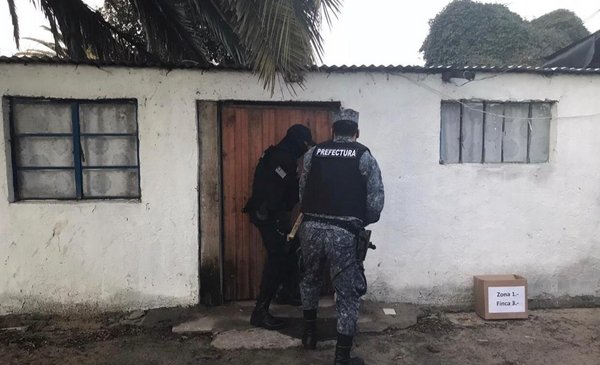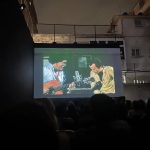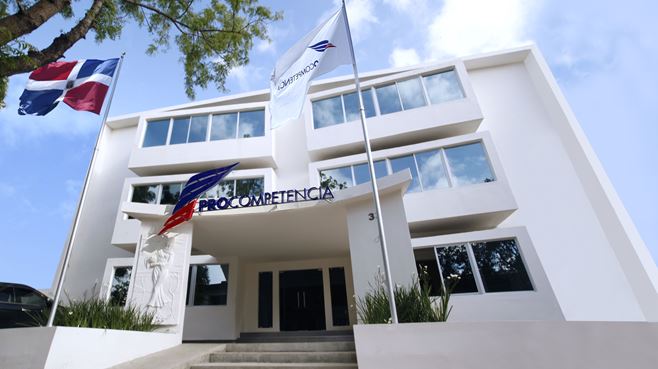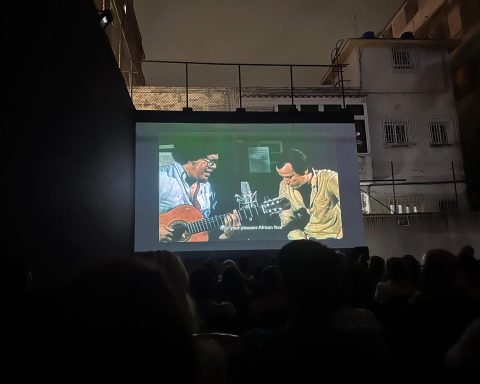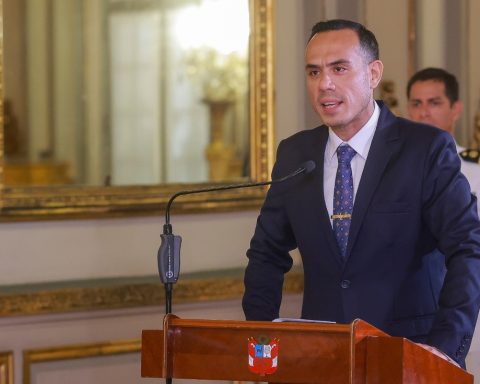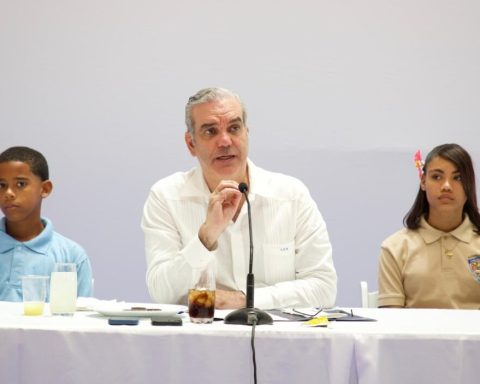On Tuesday, February 8, Judge Anabel Saravia declared as illegal a raid carried out in Maldonado. The address stated in the search warrant did not coincide with the address at which the warrant was finally executed. That is, they entered the wrong house.
The judge forced the Police to return everything seized during the raid, as reported by El País and confirmed by El Observador.
Cases of this type, which qualify as a “erroneous search”, frustrate “many investigations”said to The Observer Willian Rosa, president of the Association of Fiscal Magistrates of Uruguay. Rosa explained that when wrong ground is paved, what was obtained “cannot be enforced in court”, despite the fact that within it there are more raids carried out successfully, so it becomes dependent on another test.
According to the prosecutor, this occurs when areas must be raided with a “not so delimited” urbanizationmade of patterns “not so determined” and houses connected to each other. When such a situation occurs, Rosa indicated that “more than one raid” is requested. to the house where the police report that a crime may be occurring and the adjoining land. “The police see 3 or 4 suspicious places and we assess”, expanded.
A police source explained to The Observer that this phenomenon it can occur due to situations such as a “typing error” in the address of the property to be searched, or due to “errors in identifying the target”.
The president of the Association of Prosecutors stated that this is “a contrivance of criminals” for which prosecutors must “constantly reinvent themselves”. Rosa said that in the middle of the investigation they have called him from the police to confirm that there are two interconnected houses, in order to carry out two search warrants.. For this reason, he affirmed that it is key to bet on “the maximum reserve possible” because otherwise the criminals “come alive” and can escape.
few illegal
Erroneous search does not directly mean illegal search. Rose explained that “there are very few” second-order caseswhich represent “an assessment of the Judiciary” that reverses everything related to the raidwhich can be appealed, and leads to seek “another approach” in research.
To explain the interpretive nature of this sanction, the prosecutor recounted that on one occasion a search carried out under his orders was declared illegal because the victim’s defense said that the search had been carried out at night –prohibited by law–, based on Inumet sunrise time. “He said it was at 6:50, (the authorities) did it at 6:47,” he detailed.
not so recurring
The 2nd shift Narcotics Prosecutor, Stella Llorente, assured The Observer that in his prosecutor’s office The erroneous raid “has not been recurrent”Y Since the arrival of the new Code of Criminal Procedure in 2017, it has only had one case of illegal search.
In that case, the farm was inside an old house, with a staircase that led to different rooms, and there was a “bad individualization” of the registers. Llorente expressed that the judge was right in the decision.
